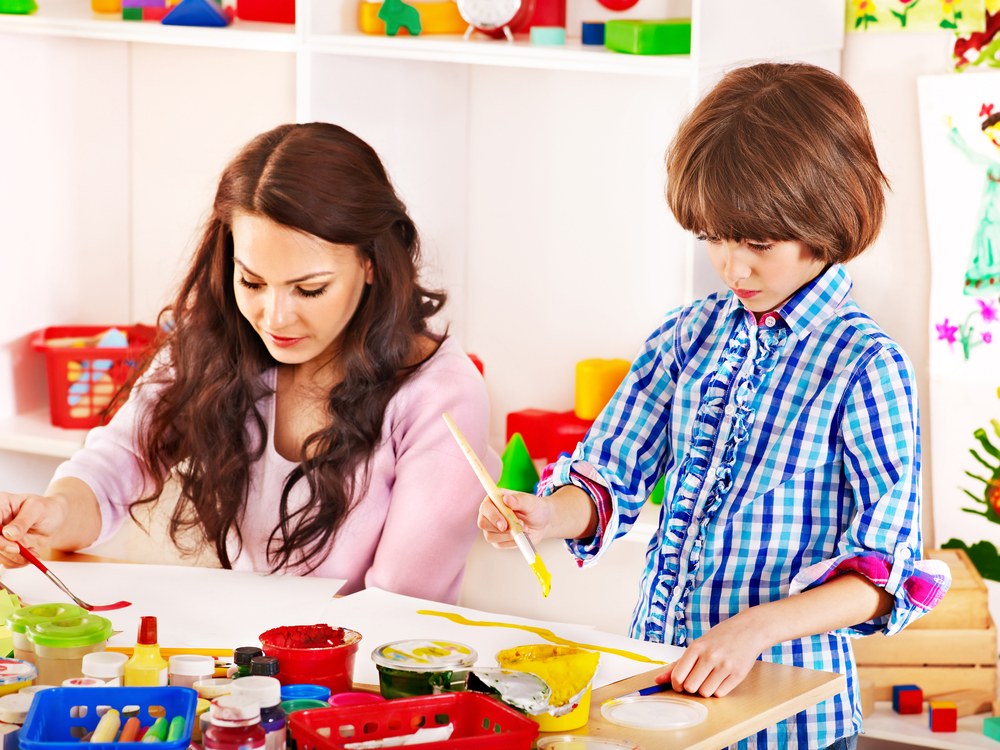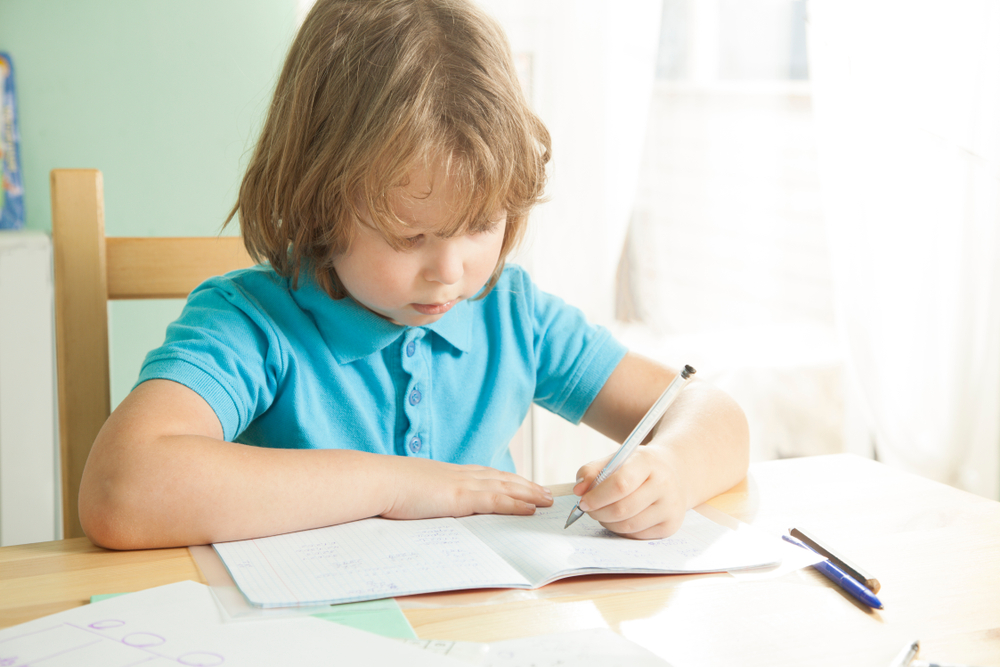Logical Reasoning Normal Reading Worksheets for Ages 3-6
8 filtered results
-
From - To
Unlock your child's potential with our engaging "Logical Reasoning Normal Reading Worksheets" designed for ages 3-6. These worksheets combine reading comprehension with fun, interactive activities that promote critical thinking and problem-solving skills. Each worksheet is tailored to enhance logical reasoning, guiding young learners through patterns, classifications, and sequencing exercises. Perfect for preschool and kindergarten, our resources aim to develop foundational reading skills while encouraging creativity and collaboration. Explore a variety of colorful, age-appropriate worksheets that make learning exciting and effective. Give your child the tools they need for successful early literacy development today!
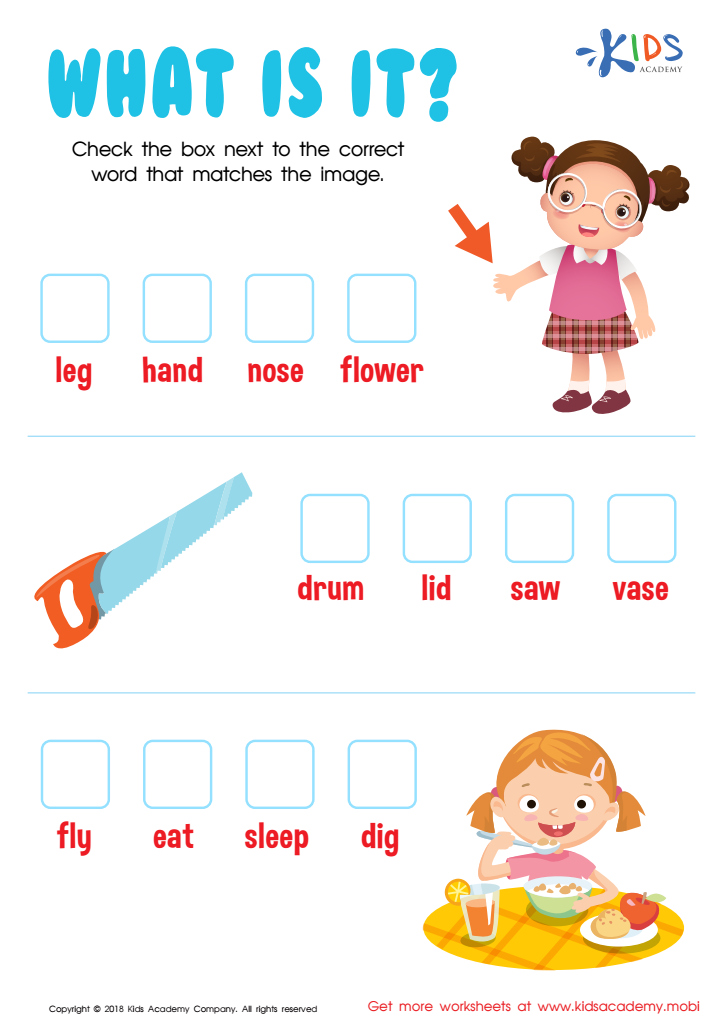

What Is It? Worksheet
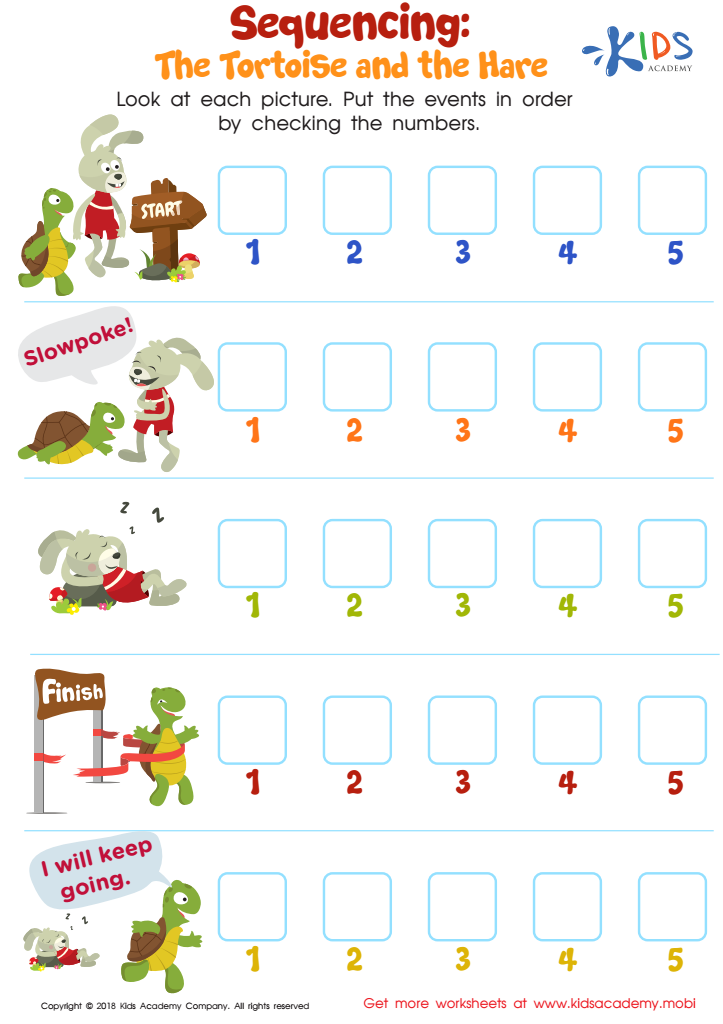

Sequencing: The Tortoise and the Hare Worksheet
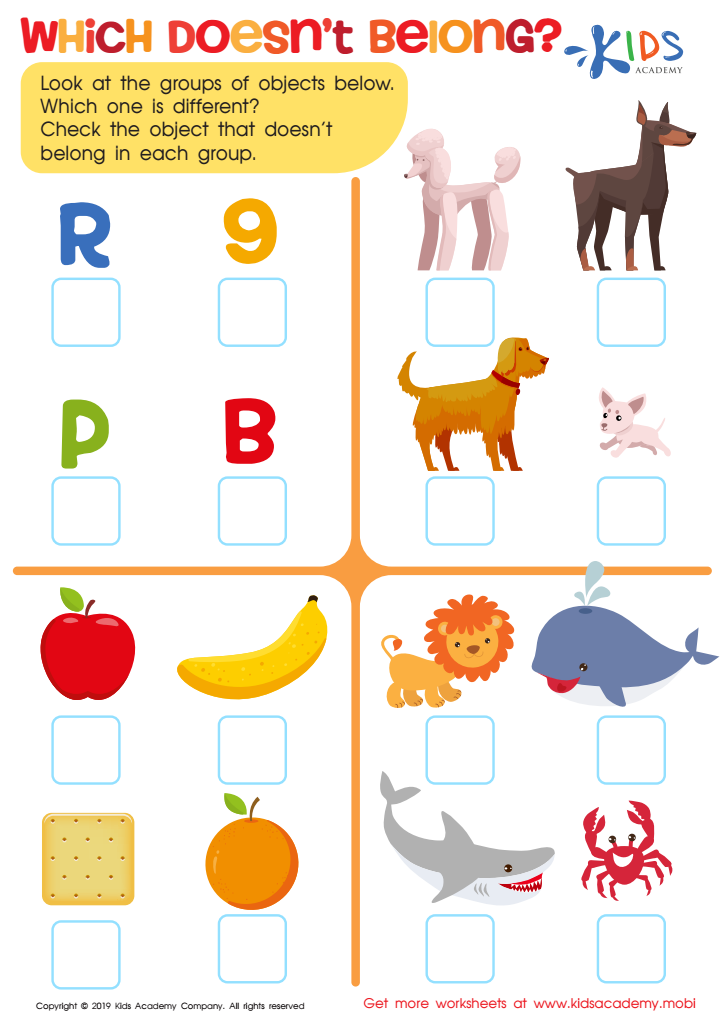

Which Doesn't Belong? Worksheet
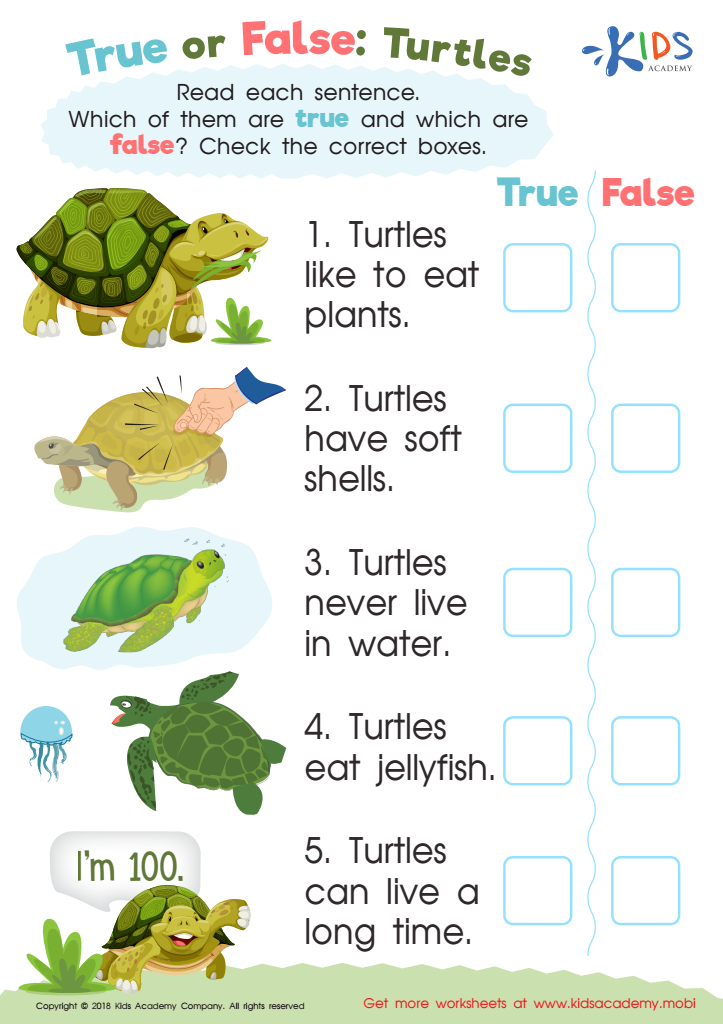

True or False: Turtles Worksheet
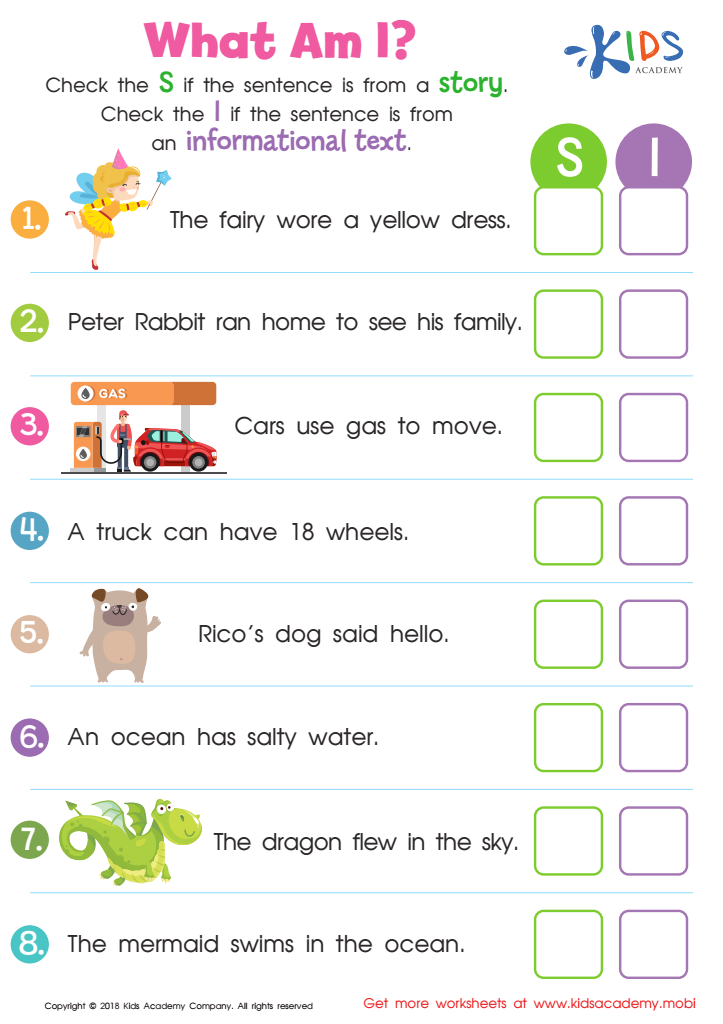

What Am I? Worksheet
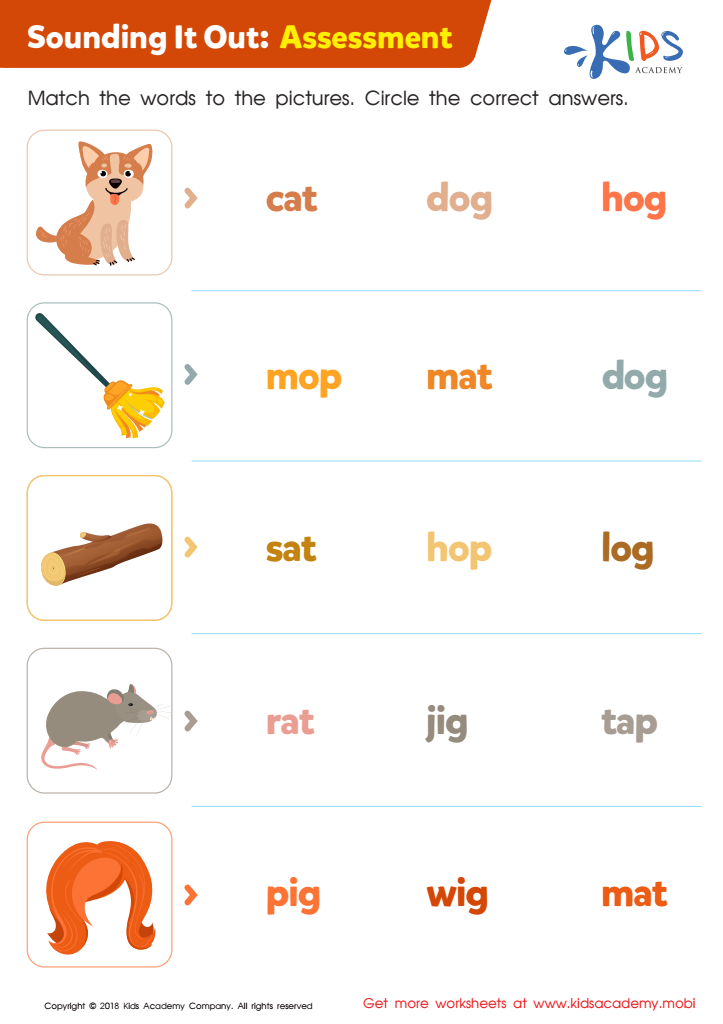

Sounding it Out: Assessment Worksheet
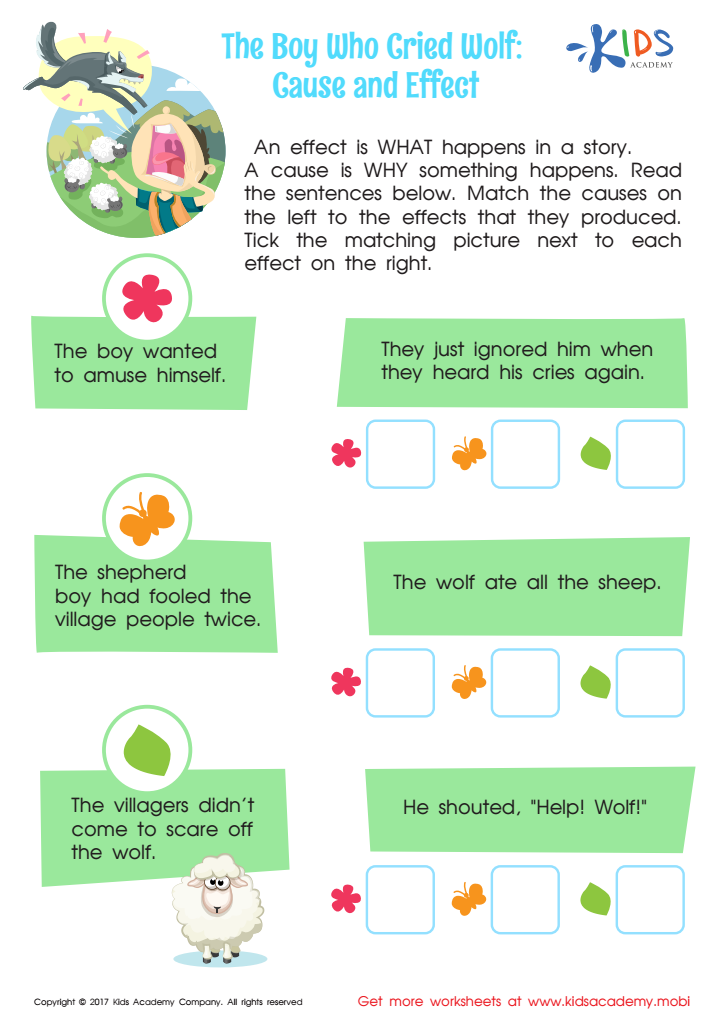

The Boy Who Cried Wolf: Cause and Effect Worksheet
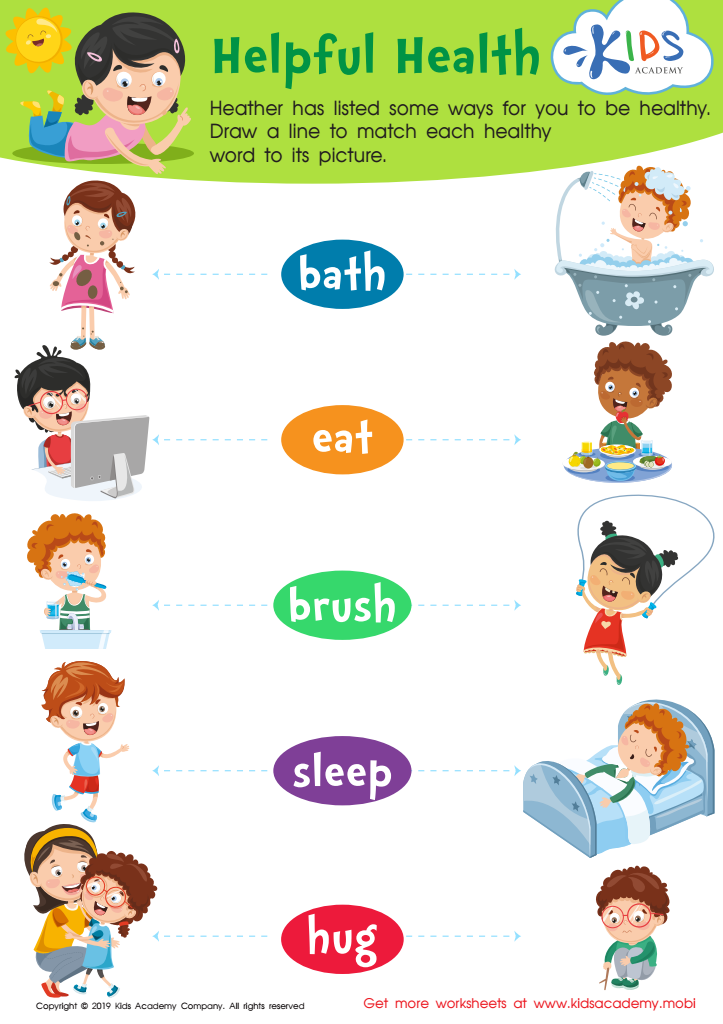

Helpful Health Worksheet
Logical reasoning is a fundamental skill for children aged 3-6, laying the groundwork for critical thinking, problem-solving, and decision-making. Parents and teachers should prioritize this developmental area because it fosters analytical skills that are essential for academic success and real-world challenges.
At this young age, children's brains are incredibly receptive, allowing them to form neural connections that underpin logical thought processes. Engaging in logical reasoning activities, such as puzzles, pattern recognition, and simple categorization games, helps enhance cognitive abilities and encourages children to think critically about their environment.
Moreover, improving logical reasoning skills can boost a child's confidence in their learning processes. As children master basic reasoning tasks, they gain a sense of accomplishment, leading to a positive attitude towards tackling more complex tasks in the future.
Additionally, strong reasoning skills establish a foundation for literacy and numeracy. For instance, understanding sequences and categorizing shapes not only aids in mathematical understanding but also enhances reading comprehension, as children learn to recognize patterns in language and narrative structure.
In summary, nurturing logical reasoning in young children is essential, making it a key focus for both parents and educators.
 Assign to My Students
Assign to My Students





